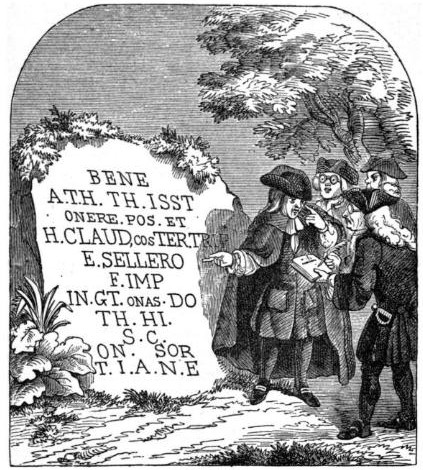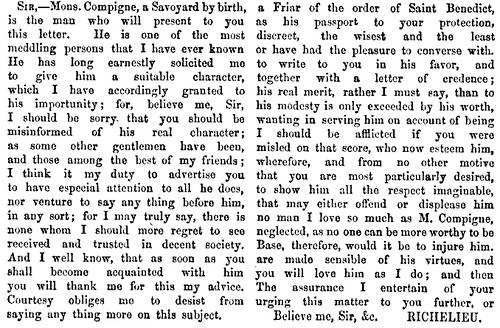
February 20, 1766, Richard Persons, and three other persons, met at a private house in Chalford, in order to play at cards. Though only nineteen years of age, he was very guilty of swearing, and using bad language. A dispute arising while thus engaged, he wished that his flesh might rot upon his bones, and frequently repeated this expression, with many others equally shocking. The party continued to play to a very late hour; and before they broke up Parsons felt a pain in his leg, and complained of it to his partner, of the name of Rolles. From that time it increased, and he went to Minchinhampton, to get advice of Mr. Pegler, a surgeon, who found that a mortification had taken place. All possible means were taken to prevent its spreading, but nothing could save him: it flew from his legs to various parts, viz. under his eyes, and the tops of his shoulders, and on one hand; and he died in twelve hours after it so spread, on the 4th of March in the morning, a most shocking spectacle.
— Annual Register, 1766



